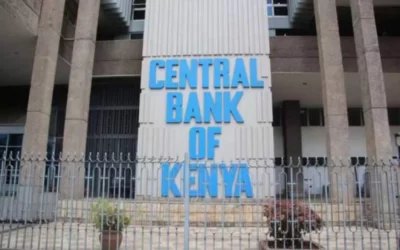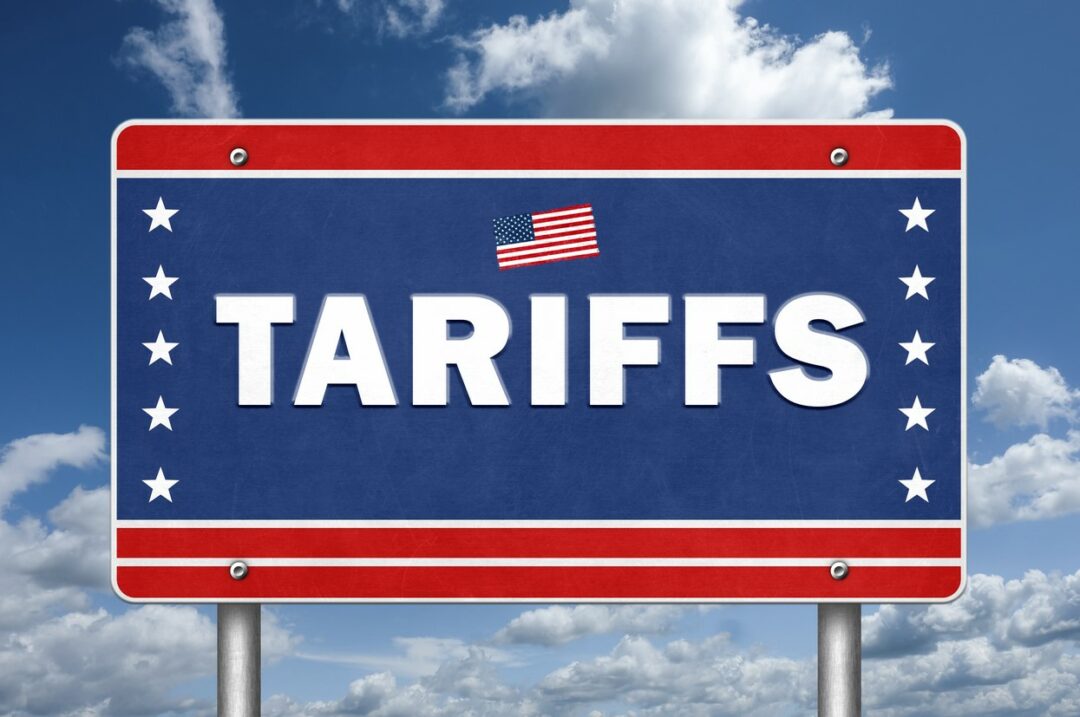Banking In Kenya: Understanding Banks and what they do.

In Kenya, banks are vital institutions that provide a wide range of financial services to individuals and businesses. A bank essentially acts as a financial intermediary, accepting deposits from customers and providing loans while offering various other services like currency exchange, safe deposit boxes, and investment opportunities.
There are different types of banks. Here are the categories
- Retail Banks.
- Commercial Banks
- Investment Banks
- Central Bank
1. Retail Banks
Retail banks are the backbone of personal banking in Kenya, offering a plethora of services tailored to individual customers. These services include:
- Checking and Savings Accounts: Allow individuals to manage their day-to-day finances and save for future needs.
- Loans and Mortgages: Provide financial assistance for purchasing homes, vehicles, or other personal needs.
- Credit Cards: Offer convenient payment options and rewards for transactions.
- Investment Options: Include fixed deposits, money market funds, and retirement savings accounts for long-term wealth growth.
Notable retail banks in Kenya include Equity Bank, KCB Bank, Co-operative Bank, and Standard Chartered Bank.
2. Commercial Banks
Commercial banks focus on serving the needs of businesses, offering specialized services such as:
- Business Banking: Provide current accounts, overdraft facilities, and business loans to support daily operations.
- Trade Finance: Offer services like letters of credit and trade guarantees to facilitate international trade transactions.
- Cash Management Solutions: Assist businesses in managing their cash flows efficiently.
- Commercial Real Estate Financing: Provide funding for property development and investment projects.
Well-known commercial banks in Kenya include Absa Bank Kenya, Stanbic Bank Kenya, Diamond Trust Bank, and NCBA Bank.
3. Investment Banks
Investment banks cater to corporate clients and high-net-worth individuals, providing sophisticated financial services such as:
- Underwriting Services: Assist in issuing securities like stocks and bonds.
- Mergers and Acquisitions (M&A): Facilitate corporate mergers, acquisitions, and restructuring.
- Advisory Services: Offer strategic financial advice on investments and business decisions.
- Capital Markets Expertise: Provide access to equity and debt capital markets for fundraising.
Key investment banks in Kenya include Faida Investment Bank, Genghis Capital, and Kestrel Capital.
4. Central Banks and Regulation
The Central Bank of Kenya (CBK) serves as the regulator and supervisor of banks in Kenya. Its primary responsibilities include:
- Monetary Policy: Regulating the country’s money supply, interest rates, and inflation to ensure economic stability.
- Bank Supervision: Monitoring and regulating banks’ operations, capital adequacy, and risk management practices.
- Consumer Protection: Safeguarding the interests of bank customers and promoting fair banking practices.
The CBK also oversees the implementation of financial regulations, including the Banking Act and Prudential Guidelines, to maintain a sound and stable banking sector.
Choosing the Right Bank
When choosing a bank in Kenya, consider factors such as:
- Product Offerings: Evaluate the range of products and services offered, including interest rates, fees, and terms.
- Branch Network: Assess the convenience of branch locations and accessibility of ATMs.
- Digital Banking: Consider the availability and functionality of online banking platforms and mobile apps.
- Customer Service: Look for banks with responsive and efficient customer support channels.
- Reputation and Stability: Research the bank’s reputation, financial strength, and regulatory compliance.
Difference between Banks & Credit Unions
Credit unions (commonly known as SACCOs) offer banking services just like banks but with some key differences. Unlike banks, credit unions are not-for-profit institutions that are owned and operated by their members or customers. They provide routine banking services and are generally tax-exempt.
Members of credit unions purchase shares in the cooperative, and these funds are pooled together to fund the credit union’s loans. While credit unions tend to offer a more limited range of services compared to banks, they often provide personalized customer service and may have lower fees.
Safety of Your Money
You might be wondering how to ensure the safety of your money in a bank. In Kenya, banks are regulated and supervised by the Central Bank of Kenya (CBK). The CBK ensures that banks maintain financial stability, adhere to prudential guidelines, and protect customer deposits.
Additionally, the Kenya Deposit Insurance Corporation (KDIC) provides deposit insurance coverage to safeguard depositors’ funds in the event of a bank failure. This insurance coverage currently stands at Ksh. 500,000 per depositor per institution.
Choosing Between Retail Banks, Credit Unions, or Commercial Banks
When deciding between different types of financial institutions, consider your specific banking needs and preferences.
Retail banks, whether traditional brick-and-mortar banks or online banks, offer basic banking services suitable for everyday banking activities.
Credit unions, on the other hand, may be more appealing if you value a cooperative ownership structure, personalized service, and potentially lower fees. They are typically available to individuals with a common bond, such as employees of the same company or members of a professional organization.
Commercial banks cater to businesses and may offer a broader range of business banking services, making them a suitable choice for business owners.
Other Factors to Consider
Aside from the type of institution, factors like bank size, convenience of branch locations or online banking services, customer service quality, additional services like loans and credit cards, and associated fees should also be taken into account when choosing a bank or credit union.
Conducting thorough research, comparing fees and services, and assessing your financial goals will help you find the right fit for safeguarding your money, managing your finances, and achieving your financial aspirations.
As we wind up, understanding the differences between banks and credit unions, along with considering important factors when choosing a financial institution, empowers you to make informed decisions that align with your financial needs and goals. For customized personal help on all the banking institutions know how please visit Muiaa Pesa











